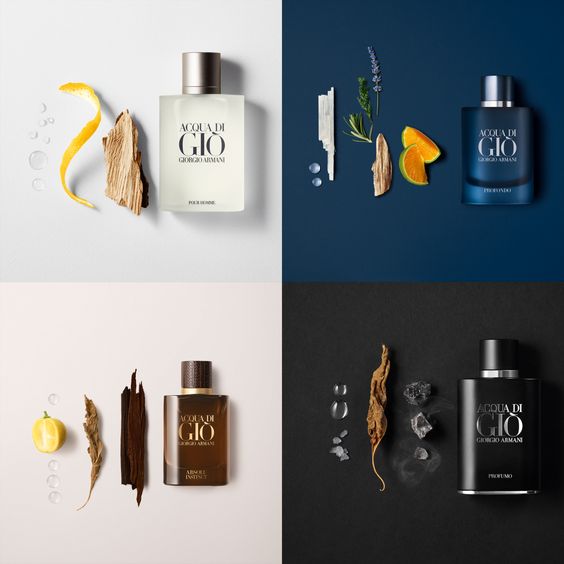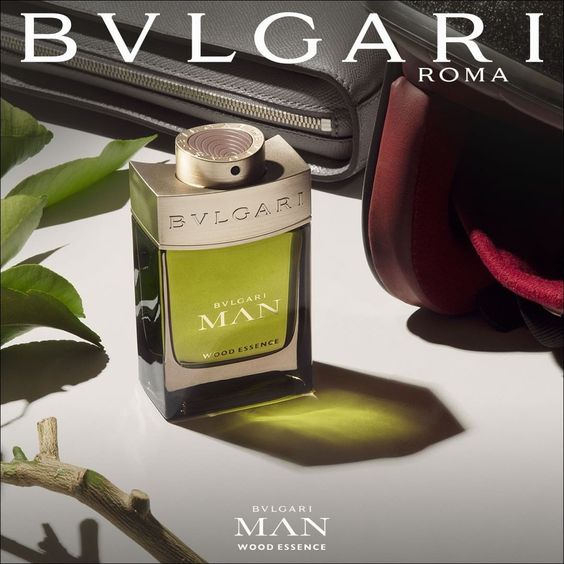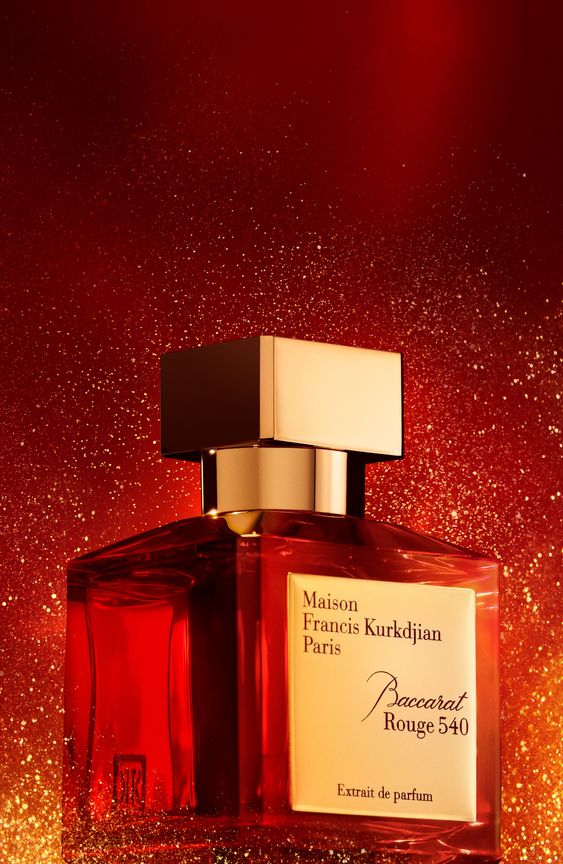Comparing Perfumes and Colognes : Pros and Cons

In the world of scents, perfumes and colognes differ in how much essential oils and alcohol they contain. Perfumes blend essential oils, fixatives, and solvents to make pleasant smells.
While demarketing between perfumes and colognes, certain factors like individual body chemistry, season, and the expected power and longevity of the fragrance should always be considered.
What is the difference between perfumes and colognes?
For those into fragrances, we're breaking down perfumes and colognes, highlighting their pros, cons, and more.
- Perfume
- Cologne
- Perfume and cologne: Exploring the benefits and drawbacks
- Perfume (benefits)
- Perfume (drawbacks)
- Cologne (benefits)
- Cologne (drawbacks)
- Considerations for choosing between these fragrant gems
- The upkeep of these aromatic delights
Perfume
In the fragrance world, perfumes are available in different strengths, such as eau de parfum, eau de toilette, and eau de cologne, each containing varying levels of aromatic ingredients.
Pure perfume, also known as Parfum or Extrait de Parfum, boasts the highest concentration of fragrance oils, ranging from 15% to 30%. This concentration ensures a noticeable and long-lasting scent.
Eau de Parfum contains a robust 20% oil concentration. Typically housed in a single glass bottle, it offers a lasting scent trail of 6 to 8 hours. Among fragrance types, it's the longest-lasting due to its higher oil concentration and is often the priciest option.
Perfume (benefits)
- Stronger aroma as compared to colognes, thanks to its high concentration of essential oils.
- A few spritzes are required to make a bold and long-lasting statement.
- Easily adaptable, like being added to hair and pulse points directly.
- Bypasses unpleasant body odor.
- Ranges from classic bottles to easy-to-carry sprays.
- Obtainable in varied forms, like sprays, roller balls, dabs, and splashes.
- Efficacious for users with sensitive skin, owing to the lesser alcohol content.
Perfume (drawbacks)
- Normally falls under the expensive category owing to its refined notes and make.
- Synthetic perfumes are available at a cheap price, are toxic chemical mixes, and are not suitable for sensitive skin users.
- Most are aromatic concoctions emitting an overpowering smell, which is not ideal for perfumers with sensitive noses.
Cologne
"cologne" typically refers to fragrances for men. They often incorporate traditional recipes or ingredients like herbs, citrus, and subtle base notes, featuring scents such as citrus, ocean, wood, and leather.
The main type, Eau de Cologne, has a high fragrance oil concentration ranging from 2% to 4%. Diluted with more alcohol, it provides a lasting scent for a few hours, ideal for all-day wear.
Cologne (benefits)
- Mainly marketed for male perfumers, most colognes are unisex, and many women enjoy using them.
- Higher-end colognes with premium-quality notes have a much longer-wearing aroma.
- It comes in varieties of either a splash or spray application for comfort.
- Reasonably priced as compared to perfumes with a higher concentration of essential oils.
- Feature subtle scents that are not overpowering or draw unwanted attention.
Cologne (drawbacks)
- Cologne bottles feature bulky design choices that are not easy to use or too convenient for traveling.
- More inexpensive colognes are extremely diluted, with less potency in their scent delivery.
- Do not have a long-lasting effect unless they are colognes with a heavy price tag.
- Most scent enthusiasts will notice the fragrance dissipating much quicker than other users.
- The shelf life of colognes is limited as compared to perfumes, with the ingredients having a lifespan of a year or so after unsealing.




Comments